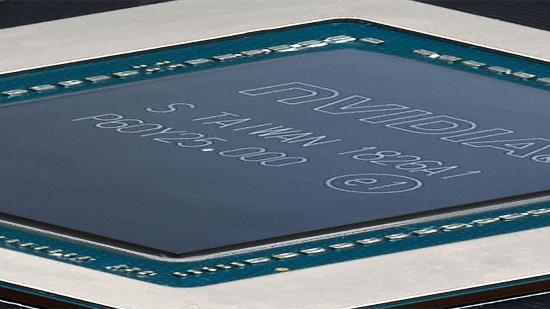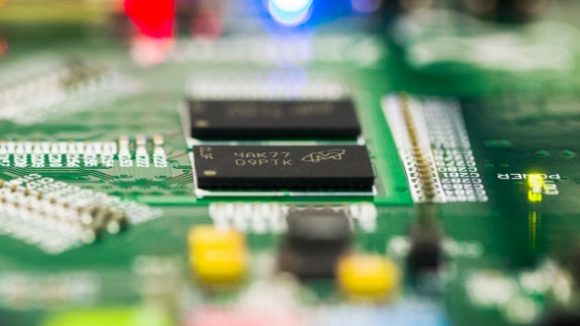UK retailers have told us that they are not seeing unusually high failure rates among AIC Nvidia 2080 Ti graphics cards, although can’t speak for RMA numbers of Founders Edition cards. Owners of Nvidia’s top Turing graphics card are reporting visual errors and crashes with the recently launched RTX 2080 Ti, and its Nvidia’s own Founders Edition at the centre of it all.
Users across Reddit and the Nvidia forums have been discussing, what looks to be on the surface, unusually high failure rates of Founders Edition 2080 Ti graphics cards – affecting more than just a handful of customers. The symptoms range from visual artifacts to BSOD, with very unlucky gamers even occasionally receiving a very expensive brick in the mail.
Just how many graphics cards are affected by this reported issue remains unclear, and Nvidia denies any issues span the entire product line. With only anecdotal evidence currently backing the claims, that’s likely to remain murky going forward, too. The exact RMA figures would shed some light on the veracity of the reports, but fat chance Nvidia will publish those of its own accord.
Retailers in the UK have told us that they have not experienced unusually high returns for AIC RTX 2080 Ti graphics cards, which might calm some third-party card owners’ nerves somewhat.
Retailers are unable to sell Founders Edition graphics cards directly, and are instead supplied with third party graphics card via Nvidia’s partners – from the likes of Asus, Gigabyte, MSI, Palit, or Zotac, for example. Nvidia is the only channel, beyond the second-hand market, where a customer is able to get their hands on one of the Founders Edition cards.
Any problematic silicon could be due to a single batch of cards produced by Nvidia – thus limiting the scope of the issues significantly.
Tom’s Hardware Germany hypothesise this issue could lie within the RTX 2080 Ti’s 11GB of GDDR6 memory. After testing the cards with an infrared camera, it reports that Micron’s GDDR6 memory packages run at particularly high temperatures, often exceeding 96°C and their designated ‘maximum safe operating temperature of 95°C under particularly stressing workloads.
Some users have also found that underclocking the GDDR6 memory on their RTX 2080 Ti solves the issue, supporting Tom’s hypothesis.
Nvidia’s official line is that it is dealing with individual cases, but is “not seeing any broader issues” with its RTX 2080 Ti graphics cards. If you have experienced any issues yourself it’s recommended to get in touch with Nvidia customer support as soon as possible as there have been reports of delays in the RMA process.
If you are experiencing issues with a third-party card purchased through a retailer their own customer support channels will be the favourable option.

